H-1B Audits
H-1B Audits
Table of Contents
H-1B Audits
H-1B sponsoring companies have specific obligations with regards to their H-1B visa holders. To ensure compliance with H-1B requirements, the Department of Labor (DOL) may initiate audit or investigation. Though an H-1B employer may have been selected for an audit at random, most investigations are a result of an employee complaint to the DOL. In the event of an audit, the H-1B employer will need to have the proper records and H-1B documents to avoid penalties and possible suspension or debarment from the H-1B visa program. If you have questions about H-1B audits, please contact our office or keep reading this article.
PUBLIC ACCESS FILE
All H-1B sponsors are required to maintain a public access file for each employee in H-1B status. The public access file can be located either at the employer’s principal place of business or the place of employment and must contain the following:
- Copy of the signed and certified Form ETA 9035, Labor Condition Application (LCA) under which the H-1B worker is
- Documentation, such as an offer letter or employment agreement, that provides evidence of the wage rate being paid to the H-1B worker;
- Explanation of the methodology used to calculate the actual wage the H-1B employer has paid or will pay employees in the occupation;
- Documentation and an explanation of how the prevailing wage for the occupation was determined;
- Summary of the benefits U.S. workers in the same occupational classification receive and, if not all workers receive the same benefits, an explanation of any differences; and
- Documentation that notice of the LCA filing was given to the appropriate bargaining representative or, if no bargaining representative exists, a notice of the LCA filing was posted for employees in the occupational classification.

If the H-1B employer undergoes a change in corporate structure, the public access file must also include a sworn statement by the new H-1B sponsoring company accepting all obligations, liabilities and undertakings under the LCAs filed by the predecessor employer. This sworn statement should be accompanied by a list of the affected LCAs, their dates of certification, and a description of the actual wage system and employer identification number (EIN) of the new H-1B employer. Further, H-1B dependent employers and willful violators are subject to additional public access file requirements.
RECORD RETENTION
Pursuant to H-1B regulations, H-1B sponsors must maintain the records described above for one year beyond the last date on which any H-1B worker is employed under the LCA. If no foreign national is ever employed under the LCA, the records should be kept one year from the date the LCA expires or is withdrawn. Moreover, H-1B employers must make their public access files available for public inspection one working day after the LCA is filed with the DOL.
Though payroll records are not mandatory as part of the public access file, the DOL requires H-1B employers to keep the payroll records of all employees in the H-1B worker’s occupational classification for at least three years (from the date the record was created). In the event of an enforcement action, the payroll records must be preserved until the enforcement action is completed.
If you have any questions about H-1B Audits, please contact the offices of Shihab Burke, LLC, Attorneys At Law for the right legal assistance.
EMPLOYER AUDITS AND INVESTIGATIONS
The H-1B employer usually, but not always, receives notice of the H-1B audit prior to the commencement of the investigation. During an investigation, the DOL will audit the employer’s practices and records while searching for violations related to employees holding H-1B visa status. At the conclusion of the investigation, the H-1B employer will receive a determination letter that outlines the findings of the investigation, including a determination of whether any of the violations were found to be substantial or willful. Some examples of violations that may be discovered in an H-1B audit include but are not limited to:
- Failing to provide notice of an LCA filing to the bargaining representative or employees in the occupational classification;
- Misrepresenting information contained in the LCA;
- Failing to pay the H-1B salary for certain non-productive time or failing to provide benefits;
- Failing to maintain the proper information in the public access file; and
Failing to observe the no strike or lockout provisions contained in the LCA.
The determination letter will also designate the penalties the H-1B employer faces for the violations.
NON-COMPLIANCE PENALTIES
By signing the LCA, the H-1B visa sponsor is certifying to the DOL that the information in the LCA is truthful and accurate, as well as accepting the obligations associated with the employment of H-1B workers. The penalties for non-compliance can be steep and include fines ranging from $1,000 to $35,000 per violation, the payment of back wages, and suspension or disbarment from the H-1B and other visa programs. For minor violations, the DOL will consider the H-1B employer to be in overall compliance if the employer:
- Has made a good faith effort to comply with the H-1B regulations;
- Voluntarily corrects any violations within 10 business days;
- Does not have a history of willful or numerous violations; and
- If a prevailing wage violation, can establish the wage was calculated consistent with industry norms
The H-1B employer is subject to non-compliance penalties beginning on the date their LCA is certified or the date the H-1B employee commences employment, whichever is earlier.
APPEAL PROCESS
The H-1B sponsor (or any interested party) has 15 days from the date of the determination letter to request a hearing before an Administrative Law Judge (ALJ). If the H-1B sponsor is dissatisfied with the ALJ’s determination, they (or any interested party) may request a final review of the ALJ’s decision by the Department of Labor’s Administrative Review Board.
Hire A Skilled Business Immigration Law Firm
Whether you’re a foreign professional or a U.S. employer looking to hire foreign workers, dealing with U.S. immigration law can be a daunting task. Our well-rounded and skilled attorneys at Shihab Burke, LLC, Attorneys At Law will represent you and help you take the best legal paths, according to your particular situation. Our team can meet with you in a variety of locations and if you’re located far away from our local offices, you can always contact us by phone or email. The team at Shihab Burke, LLC, Attorneys At Law is available to answer all your questions and discuss all the legal options at your disposal, regarding any immigration-related issues.
